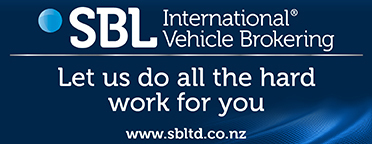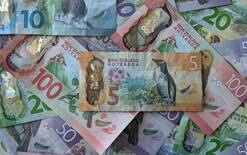Car industry heads into software race
Car suppliers and manufacturers are ploughing money into software acquisitions to stay relevant in a rapidly changing market. Defence and fear is at the heart of most of these acquisitions, says tech investor Sam Myers, from Balderton Capital, in a blog on VentureBeat.com. “Even though the incumbents are globally established brands, they fear the loss of influence that might unfold over the next decade.” Myers, who attended a conference on the future of computing by Nvidia in Amsterdam recently, was struck by how much of the conference was devoted to the auto industry. “Surely other industries could share the spotlight? Especially given that only six per cent of Nvidia’s revenues are expected to come from automotive this year, compared to a whopping 56 per cent from gaming.” The reason is because carmaking is in flux, with car manufacturers and their suppliers scrambling to consolidate and snap up exciting start-ups, Myers says. “Nvidia, and other similar suppliers, know that they have the opportunity to claim a whole new level of relevance in the automotive market, as software and automation eats the car.” So far, the total value of automotive-supplier deals in 2015 and 2016 is NZ$104 billion – significantly higher than the average of NZ$24.7 billion a year from the previous 10 years. Ten years ago the cost of electronics and software contributed to 20 per cent of total costs of a car – today that has risen to 35 per cent. Acquisitions of software companies are also significant. General Motors bought Cruise Automation for NZ$1.4 billion in 2016; while Toyota hired the full 16-person team from Jaybridge Robotics, and ploughed NZ$1.4 billion into the Toyota Research Institute. Uber paid NZ$948 million for Otto in the same year the start-up was founded, allegedly to gain access to the pool of former Google, Apple and Tesla staff that Otto had hired. Auto suppliers have also been gearing up on software. Continental acquired Elektrobit’s automotive software division in 2015 for NZ$927 million. Similarly, Harman International Industries acquired two software companies in 2015, paying NZ$1.09 billion for Symphony Teleca and NZ$237 million for Red Bend Software, which produce connected devices and over-the-air updates. Myers says carmakers are challenged by new operators like Uber. “In the new world order, they [new operators] control coordination and hold the brand, while car manufacturers become their hardware suppliers,” he says. Traditional carmakers are also getting direct competition from the likes of Tesla, Apple and Google. “[They] are tearing up the rulebook on what a car company looks like, coming in with huge pedigree in software and data. “Short product-cycles and a software-focus is second nature for these companies and, if they can introduce these into the automotive industry, the incumbents will find it hard to keep up, especially when it comes to the advent of autonomous driving.” Myers predicts the companies that can build the components of automated driving will be in high demand by car manufacturers.





